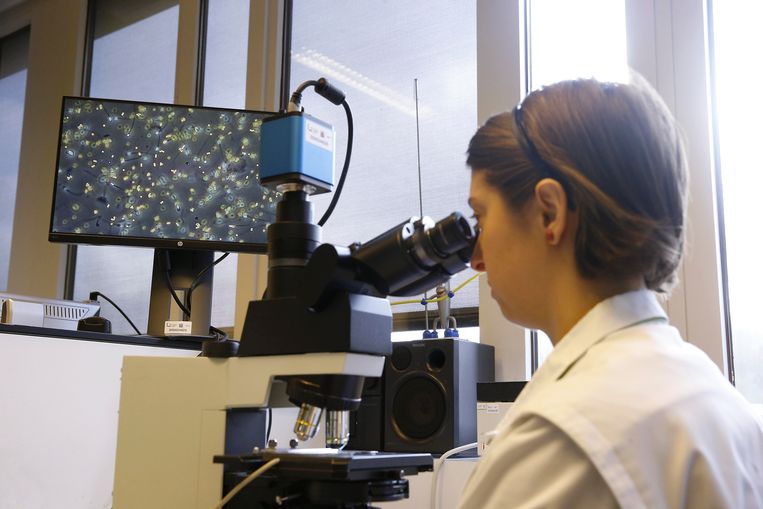We discovered a rare cell in the pancreas of healthy people very similar to the more aggressive group of tumors. The cells are more numerous in patients with chronic inflammation of the pancreas, which is a risk factor for cancer. Until now, it was believed that such cells in the pancreas do not exist. How can we cure a tumor if we don’t already know a perfectly healthy organ? This cell may be the origin of a particular subtype of pancreatic cancer or at least teach us how this subtype develops, knowledge that is indispensable for better detection and treatment, says Professor Roman.
Only one cell out of 20,000 cells in a healthy pancreas has characteristics very similar to cancer cells of the more aggressive subtype. The role of these cells has already been described in other organs where tumors of a similar subtype can develop. But in a healthy pancreas, its existence has so far been denied. We were also unable to find these cells in the most commonly used animal models. This may also explain why it was previously thought that these cells were not present in the pancreas. These animal models, on which most of the results have been based to date, are probably unusable to study this type of tumor specifically.”
Researchers are now beginning to grow human cells to reveal the role of these newly discovered cells in cancer. We suspect that this new cell is the origin of the basal tumor subtype. If it later turns out that this is not the case, studying these cells will provide further insights into the tumor subtype with the worst prognosis. This allows the tumor to be detected earlier and treated more efficiently. ”
Ninety percent of pancreatic cancer patients die within five years.
The results of the study were published in Gut, a leading scientific journal in gastroenterology.











More Stories
Which can cause an increase in nitrogen.
The Central State Real Estate Agency has no additional space to accommodate Ukrainians.
The oystercatcher, the “unlucky national bird,” is increasingly breeding on rooftops.